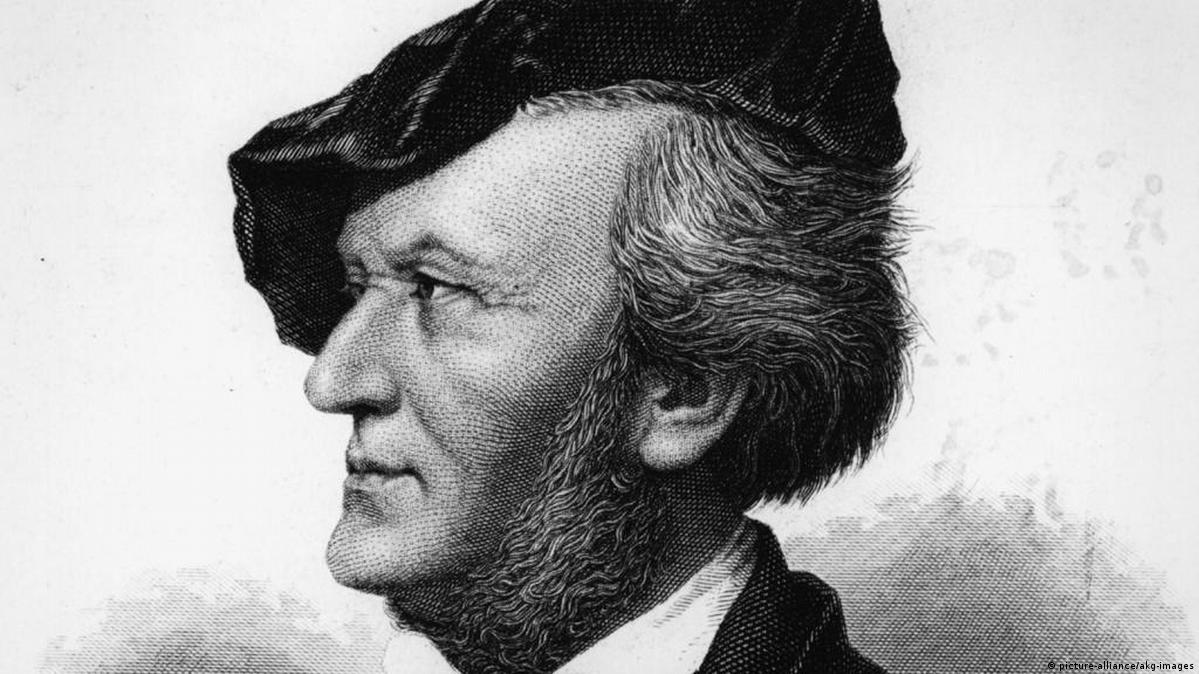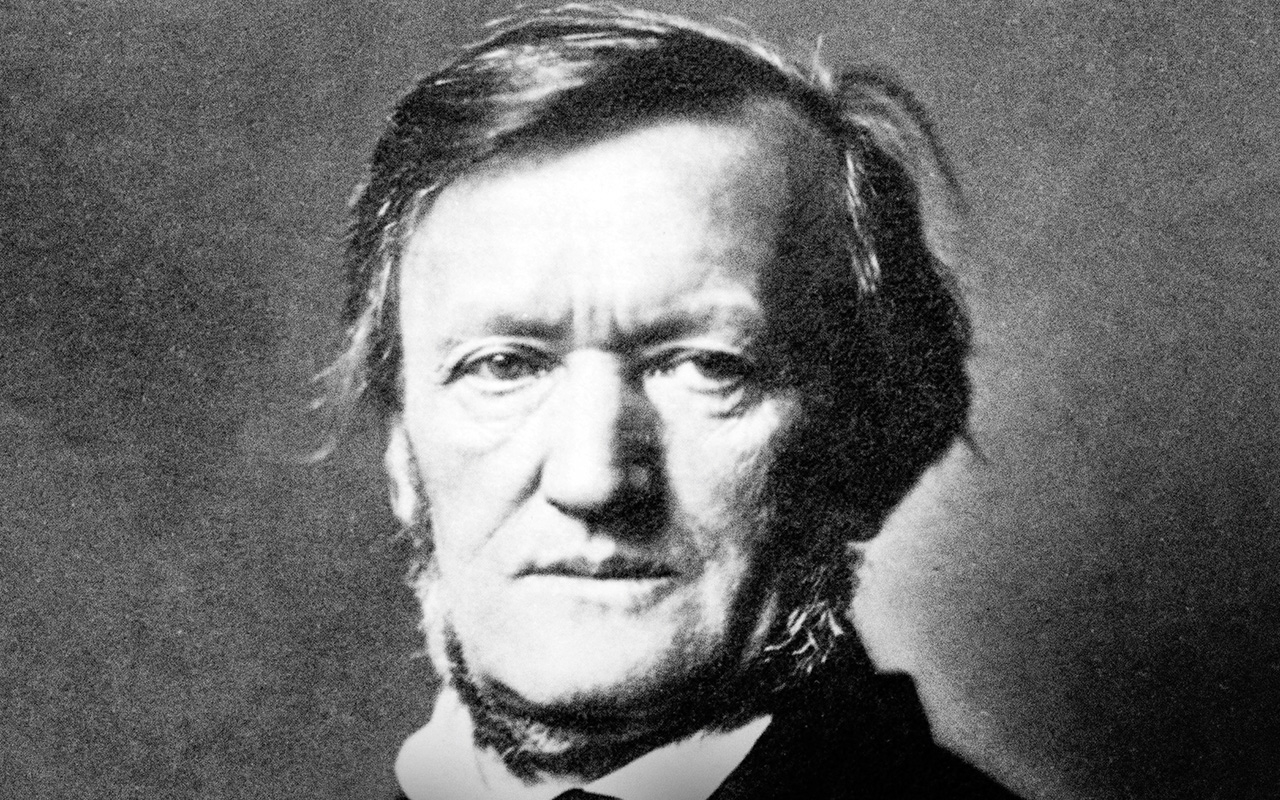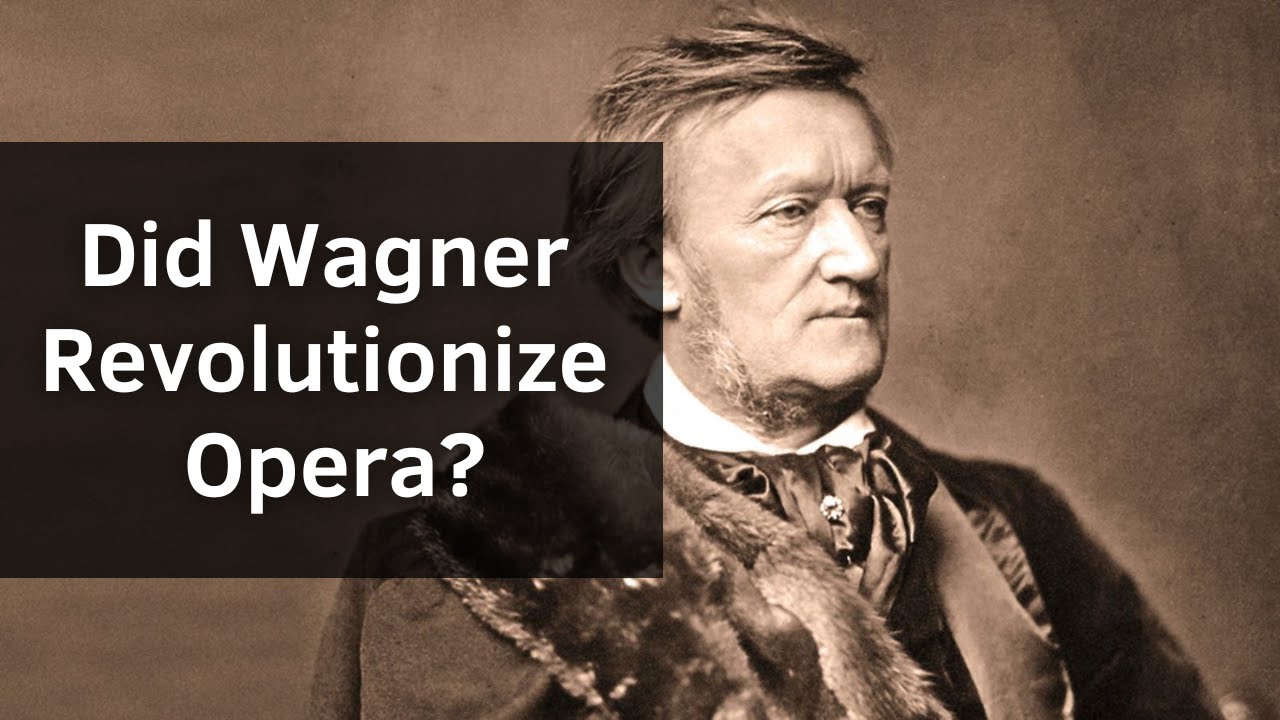
The Story Behind Wagner’s Lohengrin
Lohengrin, one of Richard Wagner’s most celebrated operas, stands as a towering achievement in the composer’s illustrious career. Premiered on August 28, 1850, in Weimar,[…]

Top 10 Wagner Songs
Richard Wagner (1813-1883), a towering figure in the world of classical music, revolutionized opera through his innovative use of leitmotifs and orchestration. His works, characterized[…]

Richard Wagner – Biography and History
Richard Wagner, one of the most influential composers in the history of classical music, was born on May 22, 1813, in Leipzig, Germany. He was[…]

Fascinating facts about Wagner
Richard Wagner was a prominent composer of the 19th century, known for his influential contributions to opera and his complex, often controversial, personal and artistic[…]

Masterpieces of Epic Symphonies: The 10 Best Songs by Composer Richard Wagner
Richard Wagner, a prominent German composer, conductor, and theater director of the 19th century, is widely regarded as one of the most influential figures in[…]

Unveiling the Enigma: Curiosities about Composer Richard Wagner
Richard Wagner, the renowned German composer, conductor, and theater director, left an indelible mark on the world of music with his monumental works and innovative[…]

Life and History of Wagner
Richard Wagner’s passion for music blossomed at an early age. Growing up in a theatrical family, he was exposed to the arts from the start.[…]

Five Facts You Didn’t Know About Wagner
Five Facts You Didn’t Know About Wagner Astonishingly, Richard Wagner showed little aptitude or enthusiasm for music as a child, and so was the only one[…]

How Did Wagner Revolutionize Opera?
How Did Wagner Revolutionize Opera? Initially establishing his reputation as a composer of works in the romantic vein of Carl Maria von Weber and Giacomo Meyerbeer,[…]

Liszt – Wagner – Tristan and Isolde – Liebestod, S 447 – Music | History
Liszt – Wagner – Tristan and Isolde – Liebestod, S 447 – Music | History Tristan und Isolde (Tristan and Isolde), WWV 90, is an opera[…]